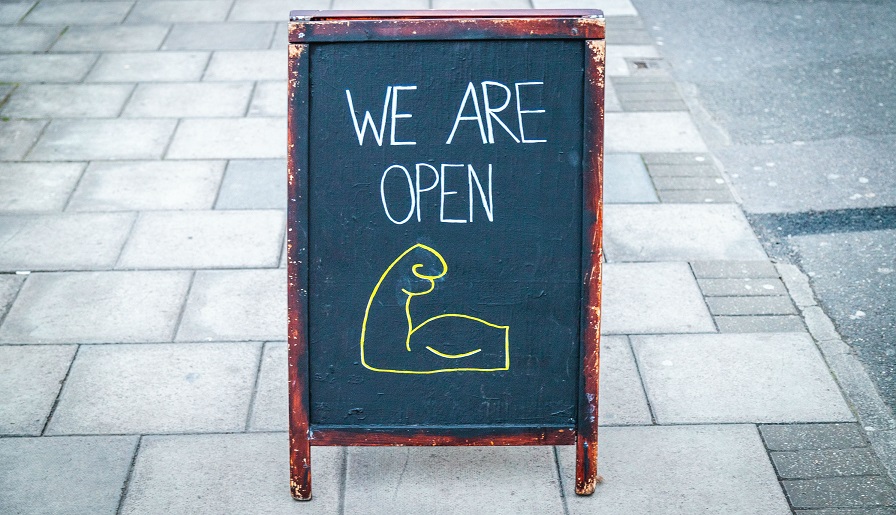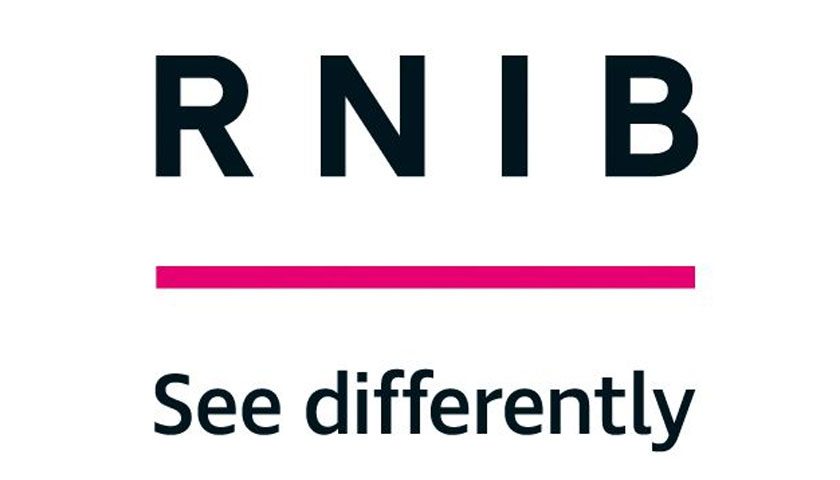Businesses around the world have had to collaborate with competitors in order to survive the coronavirus pandemic – in some cases they have grown – but sharing excessive amounts of information with rivals comes with risks.
A new paper published in the journal Industrial Marketing Management has examined coopetition – cooperating with competitors – a strategy used to cope with the unique impact of COVID-19 on retailers, pharmaceutical companies, non-profit organisations and tech firms, such as Google and Amazon.
Dr James M. Crick, of Loughborough University, and his father Professor David Crick, of the University of Ottawa, have highlighted the implications of a more open marketplace between rivals – due to relaxed competition laws – and have made recommendations for business leaders to think about.
In the paper, Coopetition and COVID-19: Collaborative business-to-business marketing strategies in a pandemic crisis, they suggest that companies which choose to share resources such as information, data, expertise and other capabilities can yield higher levels of performance, meet unprecedented demand and operate efficient supply chains.
Coopetition can also help with simply surviving within a volatile market.
However, as well as the commercial benefits of coopetition, the paper also warns of the risks of collusion, both during the COVID outbreak and post-pandemic.
Industry bosses should be aware of the extent to which they are allowed to engage in cooperative partnerships with rivals, the authors say.
While laws in many countries have been relaxed to allow businesses to survive the pandemic, there are still regulations in force that can penalise firms for illegal collusive practices, such as forming monopolies and price-fixing.
 Credit: Getty
Credit: Getty
Prof Crick and Dr Crick also say there will always be an element of competitiveness at play – even if it is only very small – during any coopetition strategy.
Businesses should not solely depend on their coopetition partners to survive.
Dr Crick, of the Loughborough School of Business and Economics, said: “Owner-managers are encouraged to acknowledge that once this global pandemic is over, and the regulation of certain forms of coopetition are potentially enforced, it might be challenging to end their partnerships with rivals.
“Therefore, they should agree on the extent to which they will cooperate, vis-à-vis, compete with their rivals in advance of changing circumstances.”
Finally, the paper indicates that businesses have to be aware that coopetition is a risky business-to-business marketing strategy and there could be negative outcomes, such as tension, lost intellectual property and diluted competitive advantages.
Dr Crick said: “To minimise the dark-sides of coopetition from occurring, it is recommended that owner-managers and functional-level employees should be vigilant for situations that involve coopetition partners behaving opportunistically.
“This will indicate when it is time to exit from these relationships.”
Prof Crick added: “Collectively, these managerial implications serve as actionable considerations for practitioners when implementing coopetition strategies during times of crisis, such as the COVID-19 outbreak.
“For clarity, coopetition has the potential to be a rewarding – performance-enhancing – business-to-business marketing strategy, but there are risks associated with companies working with untrustworthy competitors.
“Following these guidelines, if managed correctly, coopetition activities can be advantageous throughout a global emergency.”
Both academics said that more research needs to be carried out in order to fully understand the impact of coopetition during a global pandemic.
The paper lists a number of suggestions for future research, which include investigating the circumstances which led companies to cooperate, what were the experiences as these companies had and what were the outcomes.



